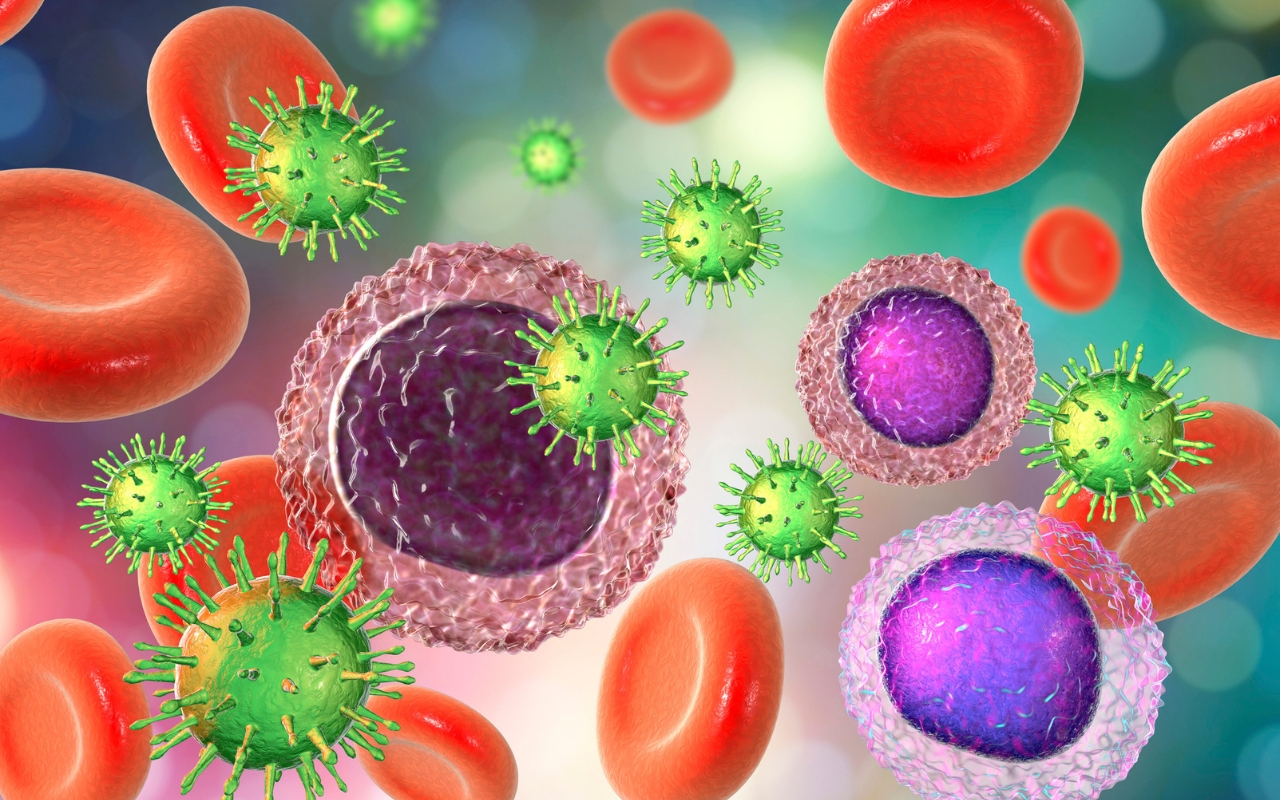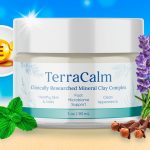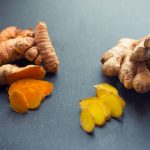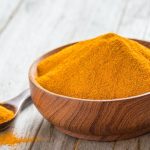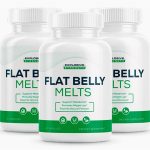In an era where wellness is at the forefront of our minds, understanding how to enhance immune function is paramount. Our immune system is a complex network of cells, tissues, and organs that work in concert to defend our body against harmful pathogens. While modern medicine offers numerous options for boosting immunity, natural methods remain critical to maintaining overall health. This comprehensive guide delves into practical strategies and natural remedies to fortify your immune system, ensuring you stay healthy and resilient.
A Nutrient-Rich Diet: The Foundation of Immune Health
The adage “you are what you eat” holds particularly true regarding immune health. Nutrition plays a crucial role in maintaining and bolstering our immune defenses. A diet rich in essential vitamins, minerals, and antioxidants provides the necessary building blocks for immune cells to function effectively.
Vitamin C is a renowned immune-boosting nutrient. It is abundant in citrus fruits such as oranges, lemons, and grapefruits, as well as vegetables like bell peppers and kale. Vitamin C helps stimulate the production of white blood cells, which are vital for fighting infections. For those looking to supplement, studies have shown that taking 1,000–2,000 mg of vitamin C daily can reduce the duration of colds by 8% in adults and 14% in children.
Vitamin D is another critical nutrient for immune health. It enhances the pathogen-fighting effects of monocytes and macrophages—white blood cells essential for protecting against pathogens. Foods rich in vitamin D include salmon, canned tuna, egg yolks, and mushrooms. However, the body can also synthesize vitamin D through exposure to sunlight. Just 13-15 minutes of sunshine thrice a week can help maintain adequate levels.
Probiotics are live bacteria and yeasts that are good for your digestive system. Found in yogurt, kombucha, sauerkraut, kimchi, pickles, tempeh, and certain cheeses, probiotics help maintain a healthy gut microbiome. A well-balanced gut microbiome supports the immune system by processing nutrients effectively and acting as a barrier against harmful bacteria and fungi.
Garlic is a flavorful addition to meals and a potent immune booster. The compounds in garlic stimulate the production of virus-fighting T-cells and help regulate the immune system, reducing the levels of stress hormones that can weaken immune function.
Vitamin B-6 is essential for forming new and healthy red blood cells and aids in maintaining the lymphatic system. Foods such as chicken, turkey, cold-water fish like salmon and tuna, chickpeas, bananas, fortified breakfast cereals, and nutritional yeast are excellent sources of vitamin B-6.
Hydration: The Unsung Hero of Immunity
Water is often overlooked in discussions about immune health, yet it is essential for ensuring that the body functions correctly. Water helps produce lymph, which carries white blood cells and other immune system cells throughout the body. Staying hydrated ensures these cells can circulate freely and perform their protective roles. While tea and juice are also hydrating, limiting your intake of fruit and sweetened tea is best due to their high sugar content.
Dehydration can make you more susceptible to illness, so drinking plenty of water each day is crucial. As a general guideline, you should drink when you’re thirsty and stop when you’re no longer thirsty. Particular attention should be given to older adults who may not feel thirst as acutely as younger individuals.
Stress Management: A Key to Immune Health
Managing stress levels is pivotal for maintaining a robust immune system. Chronic stress can lead to prolonged inflammation and imbalances in immune cell function, which can suppress the immune response. Meditation, exercise, journaling, yoga, and other mindfulness practices can significantly reduce stress and improve immune function.
Prolonged psychological stress has been shown to suppress the immune response, particularly in children. Lowering stress through meditation, yoga, exercise, and other practices can help keep your immune system functioning correctly. Consulting with a licensed counselor or therapist, whether virtually or in person, can also provide substantial benefits in managing stress and anxiety.
Exercise: A Natural Immune Enhancer
Regular physical activity is one of the most effective ways to boost your immune system. Aerobic exercise has been linked to a more effective immune system, as it reduces stress and relieves depression. Aerobically fit people tend to get sick less often than those who do not exercise regularly.
Current government guidelines suggest adults get 150 minutes of heart-pumping moderate aerobic exercise (like brisk walking) or 75 minutes of intense exercise (such as jogging, cycling, or swimming) a week. This can be achieved by breaking it down into manageable sessions, such as a 30-minute brisk walk on your lunch break from Monday to Friday or less than 40 minutes of jogging twice a week.
Sleep: The Ultimate Immune Booster
Quality sleep is a critical factor for a healthy immune system. During sleep, the body releases cytokines, a protein that targets infection and inflammation, effectively creating an immune response. Lack of sleep can decrease the production of these protective cytokines, making the body more prone to diseases and illnesses.
Adults should aim for 7-9 hours of sleep each night. Establishing a regular sleep routine, creating a restful environment, and avoiding screens before bedtime can significantly improve sleep quality.
Avoiding Immune System Suppressors
Certain lifestyle habits can suppress your immune system, making it more difficult for your body to fight infections. Smoking, for instance, severely damages the immune system and increases vulnerability to respiratory diseases like influenza and COVID-19. Quitting smoking is one of the best things you can do for your overall health and immune function.
Similarly, chronic alcohol consumption can impair the body's ability to defend itself against infections and inflammation. Limiting alcohol intake to one drink per day for women and two drinks per day for men can help maintain a healthy immune system.
The Power of Mindful Eating
Mindful eating involves being present and focused on eating, which can significantly impact your immune health. This practice decreases stress, which in turn helps boost the immune system. It encourages you to savor your food's taste, texture, and aroma, making meals more enjoyable and reducing the tendency to overeat.
Regular Check-Ups and Preventive Measures
Regular medical check-ups are essential for identifying potential nutrient deficiencies that could compromise immune health. Consulting with a healthcare professional can provide personalized advice and preventive measures tailored to your specific needs.
While supplements can benefit people with known nutrient deficiencies, they should not replace a balanced diet. There is no evidence to support using any supplement to prevent or treat COVID-19. The FDA does not regulate supplements, so purchasing products tested by third-party organizations like United States Pharmacopeia (USP), NSF International, and ConsumerLab is essential.
Conclusion
A robust immune system is built on a foundation of healthy lifestyle choices. Eating a nutrient-rich diet, staying hydrated, managing stress, engaging in regular exercise, getting adequate sleep, avoiding harmful habits, and practicing mindful eating are all critical components in maintaining optimal immune health. Making these practices a part of your daily routine can improve your overall health and enhance your body's ability to ward off illnesses.
For more detailed information on immune-boosting strategies, you can visit Healthline's guide on boosting immune health, UC Health's tips on boosting immunity with food, and NewYork-Presbyterian's recommendations.
By embracing these tips and committing to a healthy lifestyle, you can significantly strengthen your immune system and enhance your overall well-being. It's never too late to start, and the benefits are worth the effort.

